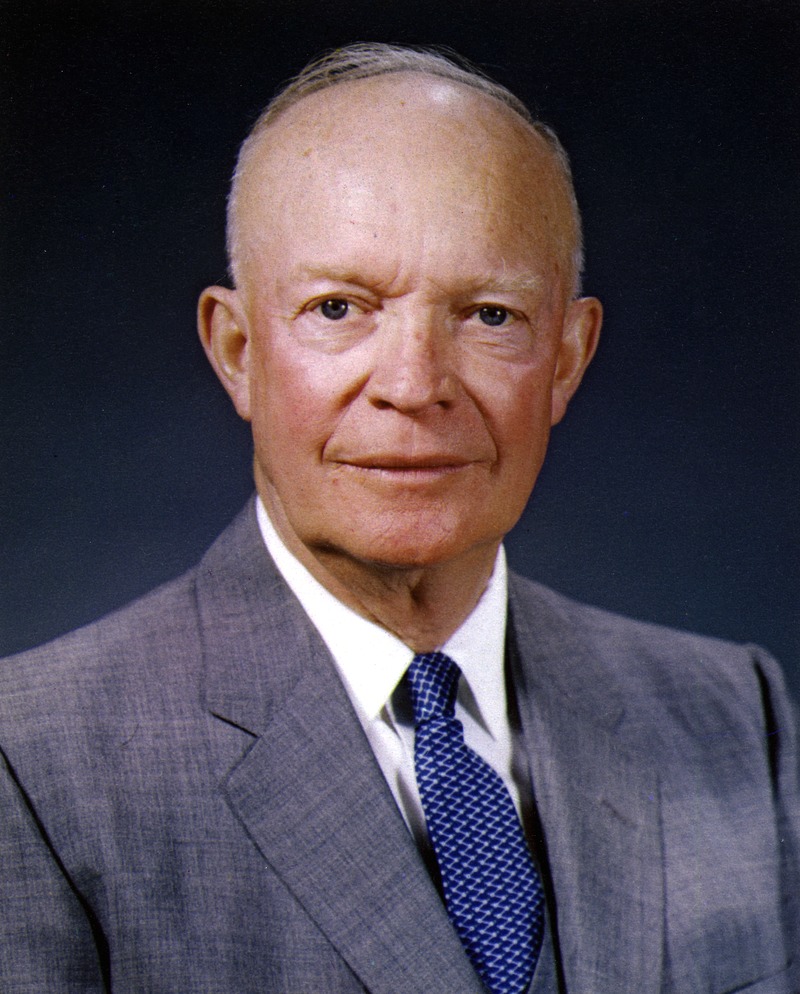I'm not a huge fan of network television. Except for the nightly news, our TV's always off unless I'm watching a DVD or streaming a movie, which I admit does happen a lot. But in the old days, when network shows were all we had, I sat there pop-eyed and hypnotized almost every night, mostly watching cowboys or cops, but some comedies, too.
Most of the sitcoms were bad. Badly written and badly acted, although I didn't know it then, and if I did know it, I probably didn't care. I watched 'em anyway, unless I was reading. Now, in hindsight, I wish I'd only been reading.
But a few of the sitcoms were good, years ago, and I now realize they were good because they were well written. A couple of the best were The Bob Newhart Show and The Mary Tyler Moore Show, which I think I remember aired back-to-back on Saturday nights, back in the mid-'70s. What struck me about those two was they weren't just entertaining, they were funny--laugh-out-loud, slap-yo-mama funny sometimes, and yes, part of it was because of the great characters (some of them I'll remember forever). But mostly it was because of the writing. Not just the jokes, but the whole thing, and the dialog was sharp and cool and witty.
The TV version of M*A*S*H was another example. I had already seen the movie and loved it, so when I watched the TV pilot it was with low expectations--but I was pleasantly surprised. Certainly more folks today will remember Hawkeye Pierce as Alan Alda than as Donald Sutherland, right? (Funny story, though, about the movie version: I was a green 2nd lieutenant in the Air Force when the movie came out, and it arrived at one of our two base theaters at the very same time that Patton arrived at the other theater. At first, most of us flocked to see Patton, mostly at the urging of our superior officers. But after the first night, the word got around, and for the rest of that week EVERYone was packing in to see M*A*S*H while the other theater, showing Patton, was almost empty. The base commander was not pleased and told us so, which of course secretly pleased us even more--my little group found Hot Lips Houlihan a lot more interesting than George S. Patton. Ah, those good old days of military service . . .)
Sorry--back to the main point. Around that time and in the years shortly afterward, several other good sitcoms came along as well--All in the Family, WKRP, Taxi, etc., and a little gem no one remembers called Wings. And, much later, Friends, The Simpsons, and Seinfeld. But my all-time favorite TV comedy series was, and always will be, Cheers. Even back then, I had noticed that the very best shows had a well-planned setting--MTM had a TV newsroom, Bob Newhart a psychiatrist's office, M*A*S*H a mobile army hospital--but Cheers had maybe the most promising location of all: a friendly neighborhood bar. That setting ensured that all kinds of crazy characters would be coming in and going out all the time, and with its absolutely top-notch cast, this show couldn't go wrong. I loved it from the get-go. Even after the series had been running awhile, every decision the producers made seemed to turn out right. Who would've thought the beloved character Coach, when he passed away, could ever be replaced?--but Woody turned out to be just as appealing a bartender, if not more so. And I wound up liking Rebecca as much as I liked Diane. Is it any surprise that the Frasier spinoff was funny and successful as well?
My fond memories of Cheers were the reason I felt such sadness a few days ago, when I heard of the passing of George Wendt, who played the lovable Norm Peterson in all 275 episodes of the series. I saw an old interview of him the other day, in which he was asked why his character was so popular. Part of his answer was something like: "I just said the lines the writers gave me to say." Again, the fine writing was a giant part of Cheers's lasting success. Anyone who thinks we fiction writers can't learn something from shows like that--well, they're fooling themselves. If you pay attention, you'll easily see the brilliance there. The timing, the delivery, the way every line of the script deepens the characters and delights the viewer and keeps things moving.
Maybe it's me, but I just don't see that kind of thing often anymore, in our current TV offerings. Even the camera work doesn't seem as professional. Some of the shows are good, sure, but many, many are not.
What are your thoughts, on this? Do you watch much network TV, and specifically the sitcoms? Did you watch them in the past? What were your favorites, back then? Have you now given up on them, like me? Do you agree that the writing is worse, in recent years, for that kind of programming? Has our collective sense of humor changed? All observations are welcome!
Meanwhile, I think I'll go find a YouTube episode of Cheers to cheer me up. As an example, here's an exchange I saw the other day:
Coach: "What's shakin', Norm?"
Norm: "All four cheeks and a couple of chins."
God, I loved that show.

























